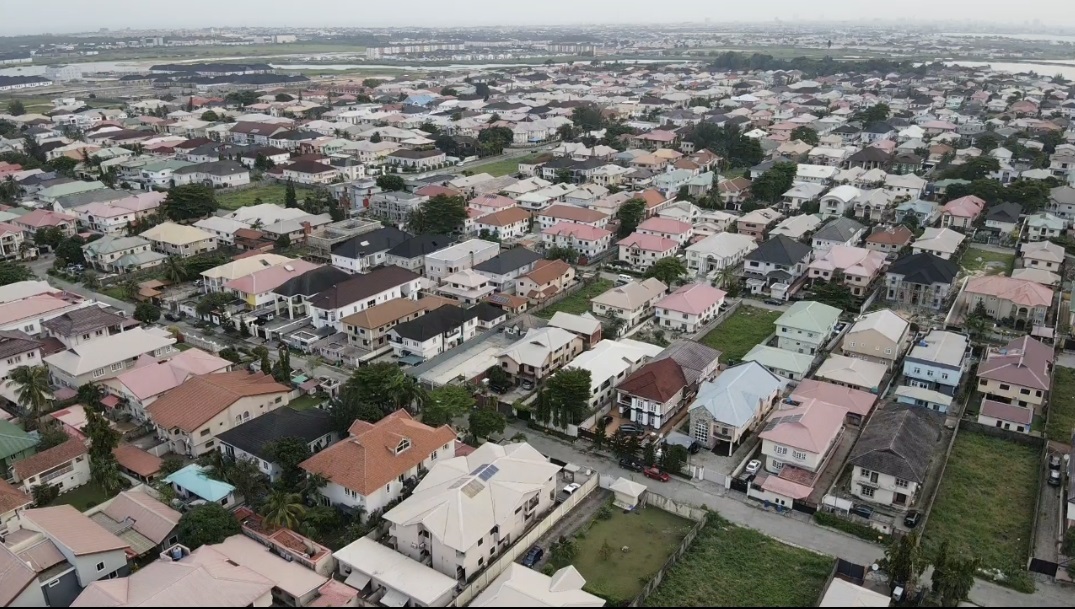Finding out who owns a property in Nigeria can be a complex process due to the various systems of land tenure and documentation practices. However, with the right approach and knowledge of the legal frameworks and administrative procedures, it is possible to uncover property ownership details.
Here we have outlined the steps and resources involved in determining property ownership in Nigeria.
Understanding Land Ownership in Nigeria
Before diving into the steps to find property ownership, it is essential to understand the land tenure system in Nigeria. Land ownership in Nigeria is governed by the Land Use Act of 1978, which vests all land in each state in the hands of the state governor. This means that individuals and entities hold land through various forms of tenure such as Certificate of Occupancy (C of O), Deed of Assignment, or other land titles granted by the state government.
Steps to Find Out Who Owns a Property
Conduct a Physical Inspection
Initial Visit: Visit the property in question. Often, local residents, neighbors, or even the occupants can provide useful information about the property owner.
Notice Boards: Look for any notice boards or signs on the property that might indicate ownership details or contact information.
Check the Land Registry
State Land Registry: Each state in Nigeria has a Land Registry where property transactions are recorded. Visiting the Land Registry in the state where the property is located is a primary step in uncovering ownership details.
Required Information: You will typically need the property’s address, plot number, or other relevant details to conduct a search.
Search Fee: Be prepared to pay a search fee, which varies by state.
Obtain a Certificate of Occupancy (C of O) Search
C of O: This document is issued by the state government and indicates the legal holder of the land rights. It contains vital information about the property owner and the terms of the land use.
Application: Submit an application at the Land Registry or the Ministry of Lands and Housing in the respective state. You may need to provide identification and pay a fee for the search.
Consult the Deeds Registry
Deed of Assignment: This document shows the transfer of ownership from one party to another and is registered at the Deeds Registry.
Search Request: You can request a search at the Deeds Registry to see if a Deed of Assignment exists for the property, which will indicate the current owner.
Engage a Professional (Surveyor or Lawyer)
Surveyor: A registered surveyor can help verify property boundaries and provide insights into property ownership through survey plans and records.
Lawyer: A property lawyer can assist with conducting thorough searches and interpreting the legal documents related to property ownership.
Check Court Records
Litigation: Sometimes properties are subjects of legal disputes. Checking court records in the jurisdiction where the property is located can reveal ownership details if the property has been involved in litigation.
Review Tax Records
Property Taxes: Local government tax offices maintain records of property tax payments, which can indicate who is paying taxes on the property.
Request Information: Visit the tax office with the property’s details to request information about the tax payer, who is often the property owner.
Surveyor-General’s Office
Survey Plans: The Surveyor-General’s office holds records of survey plans, which include details about land ownership.
Verification: Request a copy or verification of the survey plan for the property to see the registered owner.
Community Leaders and Traditional Authorities
Local Knowledge: In rural areas, community leaders, chiefs, and traditional authorities often have detailed knowledge about land ownership.
Consultation: Approach these leaders with respect and request information about the property in question.
Online Resources and Databases
Digital Records: Some states have started digitizing land records. Check if the state where the property is located offers online access to land records and property searches.
Real Estate Websites: Property listings on real estate websites may sometimes provide ownership information or the contact details of the seller, which can lead you to the owner.
Challenges and Considerations
Inconsistent Records: Due to the manual nature of record-keeping in many states, land records can be incomplete or inconsistent.
Bureaucratic Delays: Navigating the administrative processes in government offices can be time-consuming and may require multiple visits.
Fraudulent Claims: Be cautious of fraudulent claims of ownership. Always cross-check information from multiple sources.
Legal Assistance: Given the complexity of property laws in Nigeria, engaging a knowledgeable property lawyer is advisable to ensure due diligence and accuracy.
Legal Framework and Documentation
Land Use Act of 1978: This Act is the primary legislation governing land tenure and ownership in Nigeria.
Certificate of Occupancy: The C of O is a key document proving legal land rights.
Deed of Assignment: This document details the transfer of property rights and must be registered.
Governor’s Consent: For any transaction involving land, obtaining the governor’s consent is a legal requirement.
Finding out who owns a property in Nigeria involves a combination of physical inspections, official records searches, professional assistance, and community consultations. Understanding the legal framework and utilizing the appropriate resources can help uncover property ownership details. Engaging professionals such as surveyors and lawyers can streamline the process and ensure accuracy, ultimately helping you navigate the complexities of Nigeria’s property landscape effectively.

Be First to Comment